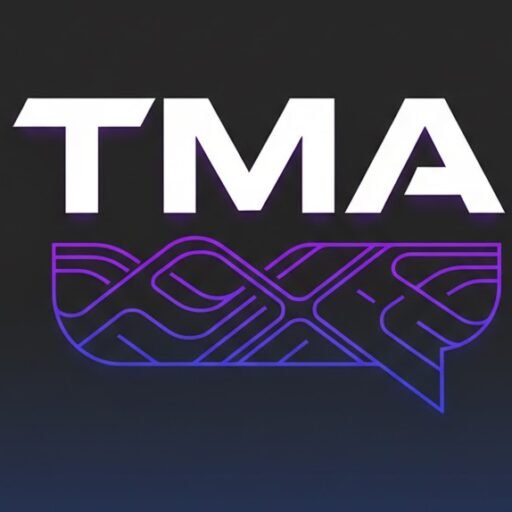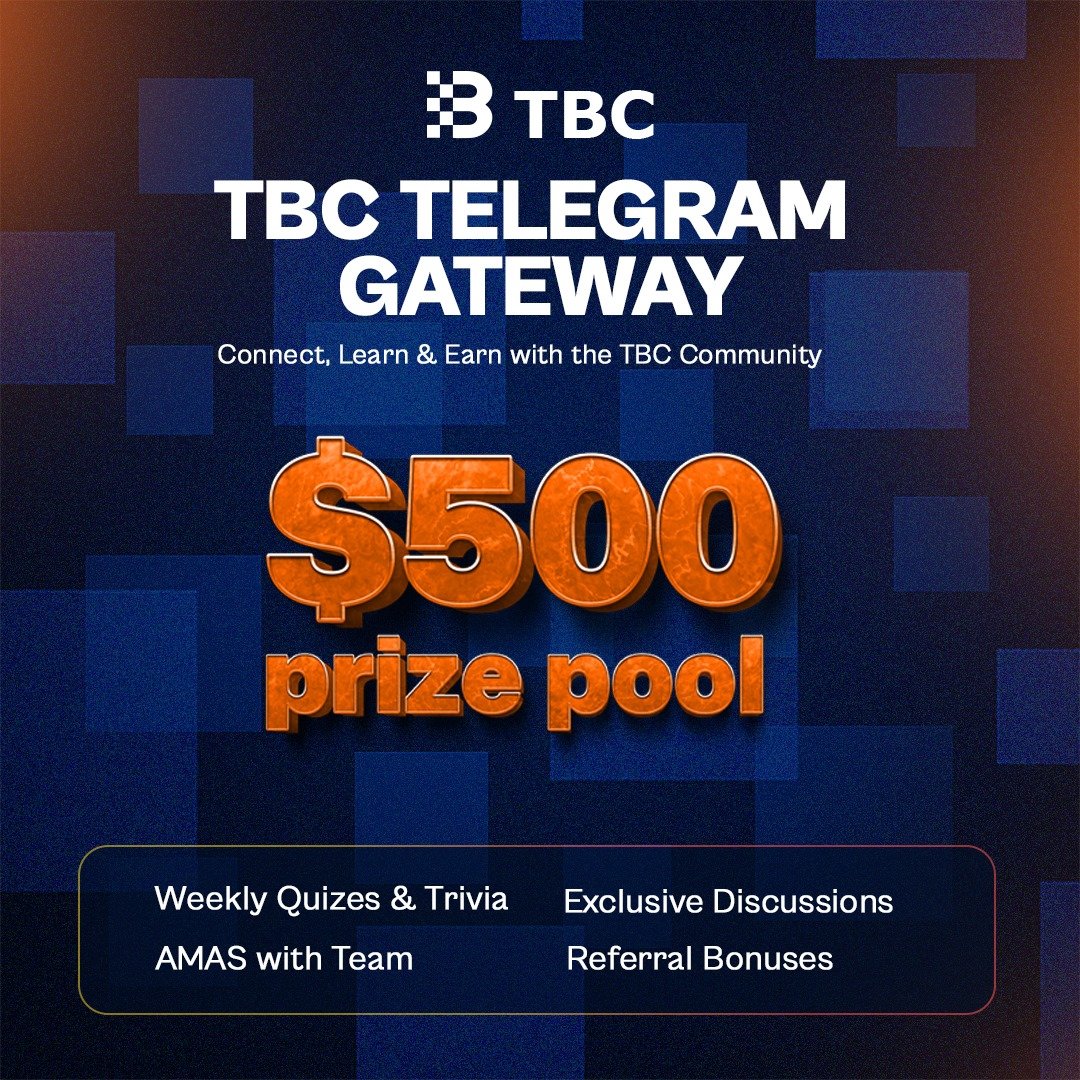Market Pulse
As October 29, 2025, unfolds, the convergence of Artificial Intelligence and blockchain technology continues to redefine our digital landscape. However, this powerful synergy introduces a paramount challenge: data privacy. While AI thrives on vast datasets, concerns about individual sovereignty and sensitive information proliferate. This is precisely where Zero-Knowledge Proofs (ZKPs) emerge not just as a solution, but as a foundational necessity, promising to safeguard privacy in an era increasingly dominated by intelligent algorithms. The buzz around ZKP applications in AI is reaching a crescendo, with many projects hinting at significant developments and whitelist phases nearing completion, signaling a new frontier in secure digital interaction.
The Imperative of Privacy in AI
Artificial Intelligence, in its relentless pursuit of predictive accuracy and operational efficiency, demands access to ever-larger and more diverse datasets. From medical records and financial transactions to personal preferences and biometric data, the fuel for AI’s advancement is often highly sensitive. This reliance creates a fundamental tension: how can we harness AI’s transformative power without compromising the privacy of individuals or the confidentiality of proprietary information? Traditional data handling methods often involve centralized storage, making them vulnerable to breaches and misuse. The urgent need for a paradigm shift in data management, particularly for AI, is now undeniable.
How Zero-Knowledge Proofs Work
At its core, a Zero-Knowledge Proof is a cryptographic method by which one party (the prover) can prove to another party (the verifier) that a given statement is true, without revealing any information beyond the validity of the statement itself. Imagine proving you know a secret password without ever typing it or even showing its length. ZKPs achieve this through complex mathematical protocols, essentially allowing for the verification of data or computations without ever exposing the underlying data. This “proof without revealing” mechanism is a game-changer, offering a robust shield against data exploitation while maintaining verifiability.
Read Also: Mining Capital Soars Despite Gold’s Rise
- Verifiable Computation: Prove an AI model processed data correctly without showing the data or the model’s inner workings.
- Private Transactions: Confirm a transaction meets specific criteria (e.g., sufficient funds) without revealing sender, receiver, or amount.
- Identity Verification: Authenticate identity (e.g., being over 18) without disclosing date of birth or any other personal details.
ZKP’s Transformative Potential in AI
The applications of Zero-Knowledge Proofs within the AI domain are nothing short of revolutionary. They can enable a new class of AI services that are inherently privacy-preserving. For instance, enterprises can train AI models on sensitive customer data without ever needing to see or store it directly, ensuring compliance with stringent regulations such as GDPR and CCPA. Similarly, ZKPs can verify the integrity and provenance of AI models themselves, ensuring they haven’t been tampered with or are producing biased outputs, all without revealing proprietary model architecture. This capability fosters trust and transparency, critical components for AI’s widespread adoption in sensitive sectors.
- Secure Federated Learning: Training AI models across decentralized datasets without centralizing sensitive information.
- Private AI Model Audits: Verifying AI model behavior and ethics without exposing proprietary algorithms.
- Decentralized & Private AI Marketplaces: Enabling the secure exchange of AI models or data access with privacy guarantees.
- Compliant Data Sharing: Facilitating data collaboration among organizations while adhering to strict privacy mandates.
Current Milestones and Future Outlook
The industry is rapidly embracing ZKP technology. We are seeing a surge in foundational research, the development of robust ZKP libraries, and the integration of ZKPs into Layer 2 scaling solutions and privacy-centric blockchain networks. The “buzz” mentioned earlier is translating into tangible progress, with numerous projects actively developing ZKP-powered solutions for AI. Several platforms are reportedly nearing the completion of their whitelist phases for early access to ZKP-enhanced AI tools, signaling a shift from theoretical potential to practical deployment. While challenges remain—primarily around computational efficiency for very large datasets and the complexity of implementation—the trajectory is clear: ZKPs are becoming indispensable for the ethical and secure evolution of AI, promising a future where innovation and privacy coexist.
Conclusion
As we navigate the complexities of October 2025, the synergy between AI and data privacy remains a defining challenge of our digital age. Zero-Knowledge Proofs offer a powerful, cryptographic answer, enabling a future where AI can thrive on data without compromising individual privacy or institutional security. By allowing verifiable computations without disclosure, ZKPs are not merely an add-on but a fundamental building block for the next generation of trustworthy, ethical, and scalable AI applications. Their ongoing development and integration underscore a pivotal shift towards a more private and secure digital ecosystem.
Pros (Bullish Points)
- Significantly enhances data privacy and security for AI applications.
- Enables regulatory compliance (e.g., GDPR, CCPA) for sensitive data in AI.
- Fosters trust and transparency in AI models through verifiable computations.
Cons (Bearish Points)
- Can introduce significant computational overhead, especially for large datasets.
- Complexity of implementation requires specialized cryptographic expertise.
- Nascent adoption in mainstream AI applications means limited proven track record.
Frequently Asked Questions
What is a Zero-Knowledge Proof (ZKP)?
A ZKP is a cryptographic method that allows one party to prove to another that a statement is true, without revealing any information beyond the validity of the statement itself.
Why are ZKPs important for Artificial Intelligence?
ZKPs are crucial for AI because they enable the processing and verification of data without exposing sensitive information, addressing critical privacy concerns and facilitating compliant AI development.
What are the main challenges for ZKP adoption?
Key challenges include high computational costs, particularly for complex proofs and large datasets, and the inherent technical complexity of designing and implementing ZKP systems.






